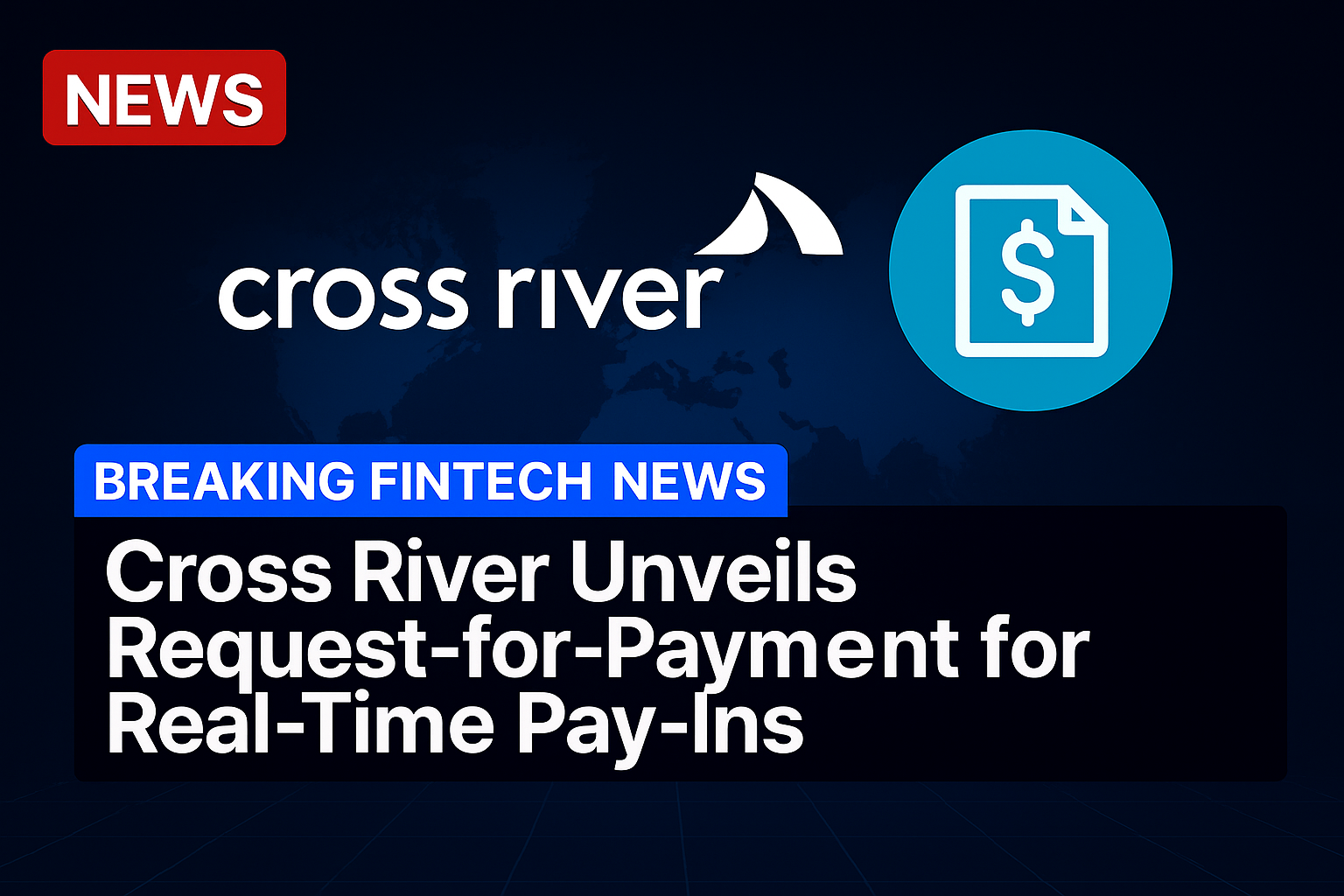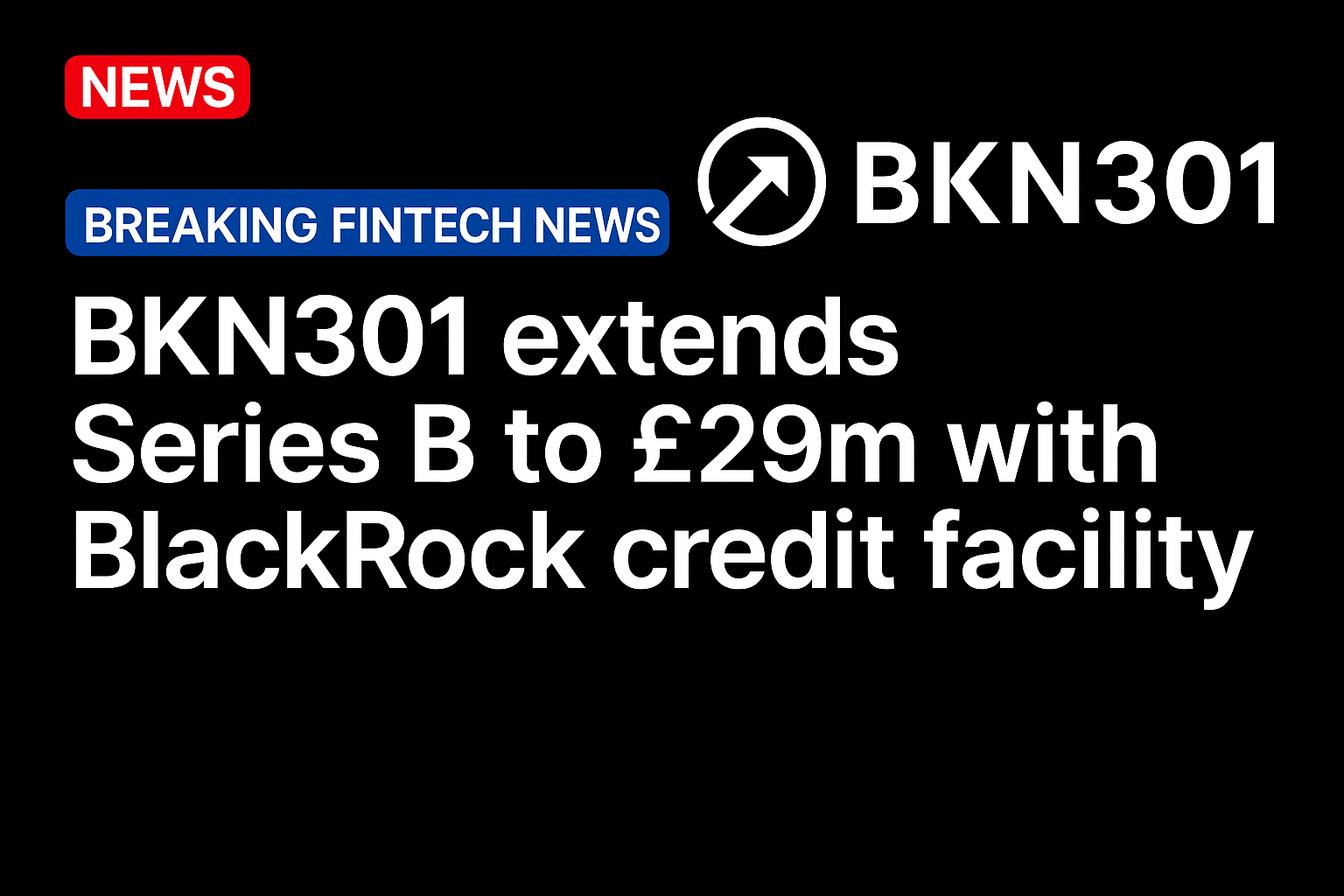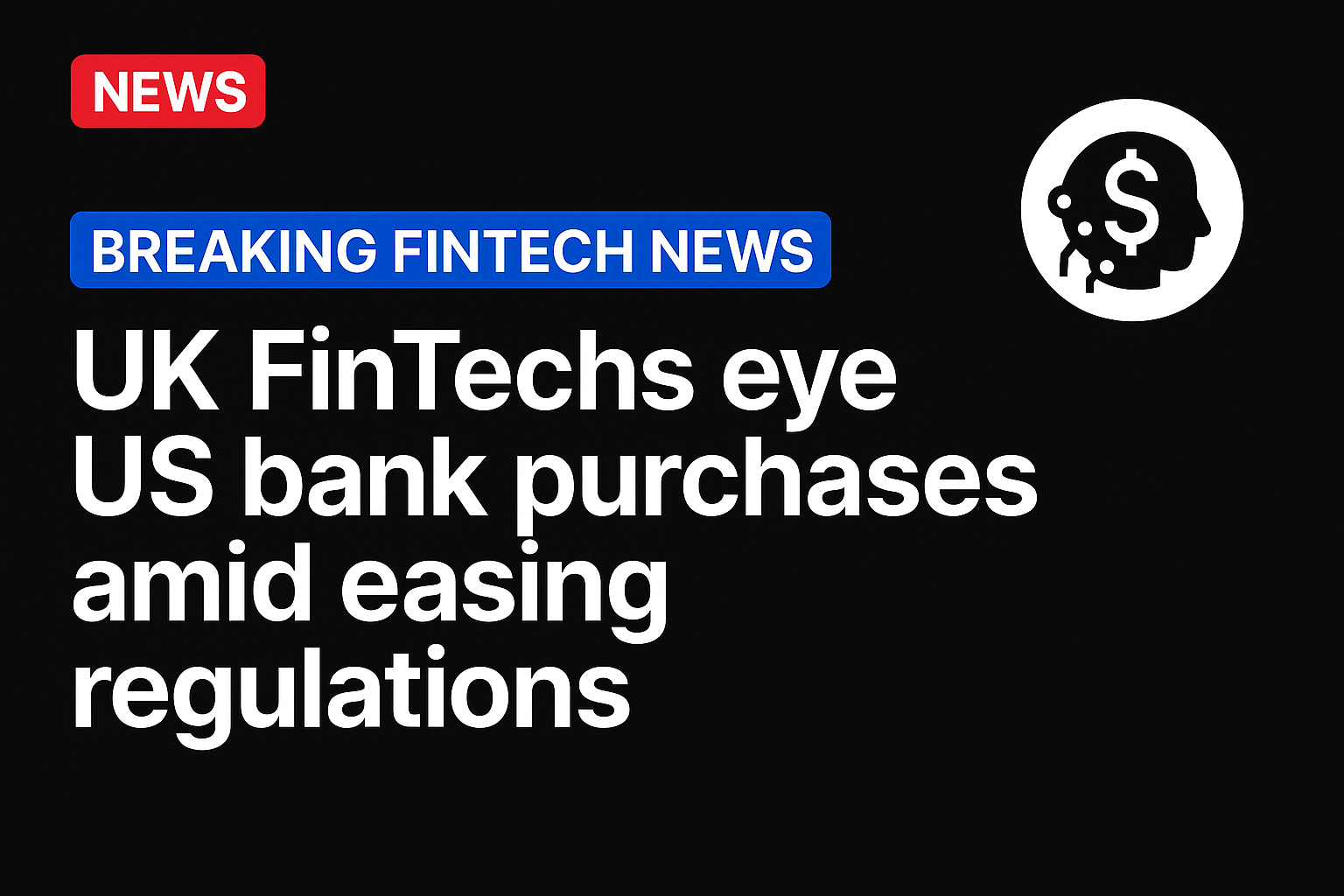Cross River, a banking infrastructure provider, has launched Request-for-Payment (RfP) on the RTP® network, with fintech platform Plaid as the first user enabling instant pay-ins for online used car seller Carvana.
The RfP capability aims to address delays in inbound payments, which often rely on traditional ACH and wire transfers. Cross River says the new feature lets businesses send secure digital payment requests, which the payer can immediately authorise and fund, helping to improve cash flow and reduce the need for pre-funded accounts.
Plaid has become the first company to implement RfP through its Plaid Transfer platform, which Carvana uses to let customers instantly fund car purchases.
“The current reality of money movement is imbalanced – payments go out in seconds, but pay-ins often take a day or more,” said Adam Goller, EVP and head of fintech banking at Cross River. “RfP is a smarter, more flexible way to receive incoming funds. It gives our partners greater control over timing, real-time visibility into each transaction, and reduces the need for overfunding or constant balance monitoring – all while delivering a better experience for the end user.”
How it works
RfP helps businesses send a secure, digital request for payment – enabling payers to authorise and send funds instantly with greater control. With RfP, businesses can instantly fund digital wallets and accounts, reduce operational friction from delayed deposits, as well as improve customer experience with smooth, real-time pay-in options.
“Instant payment rails unlock huge value for businesses and end customers by reducing friction, accelerating funding, and boosting conversion,” Brian Dammeir, global head of payments and financial management at Plaid, also added. “Through our partnership with Cross River, Plaid Transfer now offers instant pay-ins, instant payouts and Same Day ACH, as part of a full solution with best-in-class account linking and optimised conversion, so customers can tailor bank payments across their business.”
Cross River built the RfP feature using its API-based core banking system, COS, and says it designed the tool with security, transparency, and compliance in mind. Each payment request goes to the recipient through their financial institution for explicit authorisation, adding another layer of security and control to the transaction process.
Source: https://thefintechtimes.com/





